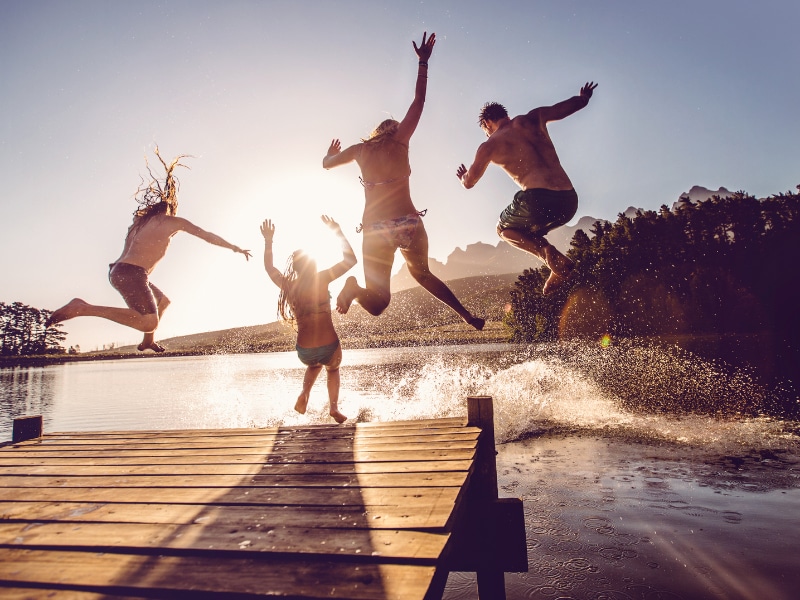Summers are made for backyard barbecues, lazy days by the lake, and family reunions on the Fourth of July. The last thing anyone wants is a hospital visit derailing those plans.
The number of emergency room visits typically jumps in the summer, says Joseph Amos, MD, executive medical director of trauma services and member of the medical staff at Methodist Health System, who sees all kinds of injuries caused by fireworks, boating accidents, ATV crashes, and other outings gone wrong.
“Summer is a great time to spend with family and friends,” Dr. Amos says, “but we should all keep safety in mind, whatever we do.”
On top of general tips — like wearing sunblock, staying hydrated, and drinking responsibly — Dr. Amos offers his recommendations for some of the most popular activities.
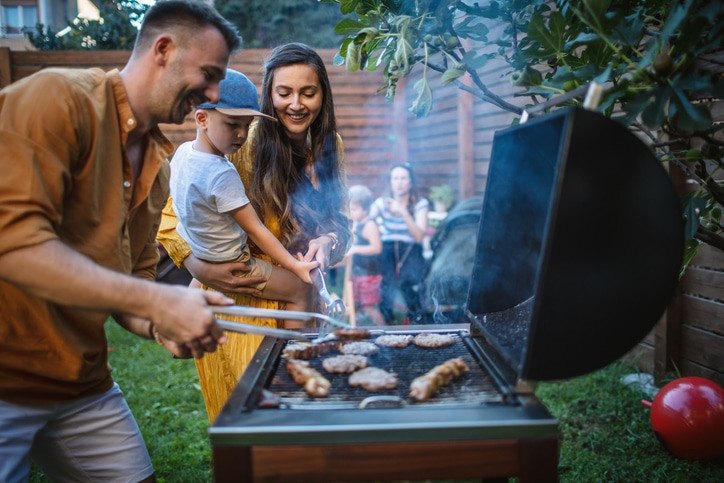
1. GRILLING
Summer and grilling go together hand in hand, but a barbecue can turn dangerous if you’re not paying attention.
“Burns are obviously a big concern, especially on the fingers, palms, and face,” Dr. Amos says. “Those need to be evaluated because the true extent of the damage isn’t always known immediately.”
When it’s time to fire up a charcoal grill, you should add lighter fluid slowly and lean away from the grill to prevent flash burns. Consider wearing gloves and be mindful when handling hot surfaces and equipment. Keep an eye on little ones who get too close to the grill.
Backyard cooks should also wear close-toed shoes in case food or utensils fall from the grill and to avoid burning the soles of their feet on hot pavements.
“If you do get burned, cool towels can provide some fast relief while you make your way to the emergency room,” Dr. Amos says.
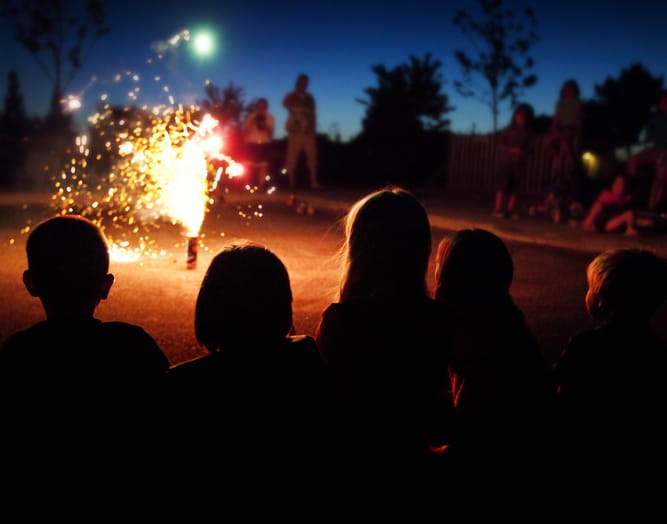
2. FIREWORKS
Fireworks may be a blast, but they should always be handled with care — and within the bounds of the law and burn bans.
“We treat burns, lost fingers, and combustion injuries,” Dr. Amos says. “For children and teenagers, fireworks should always be used under adult supervision. They should never be left unattended with fireworks.”
But even adults must be cautious when dealing with such combustible materials. You should keep your distance once the fuse is lit to protect yourself from burns and ruptured eardrums. Choose something with a longer fuse and never hold lit fireworks in your hands.
“Many cities have firework bans, so be aware of those,” Dr. Amos adds. “And don’t light them in grassy or wooded areas because they can cause fires.”
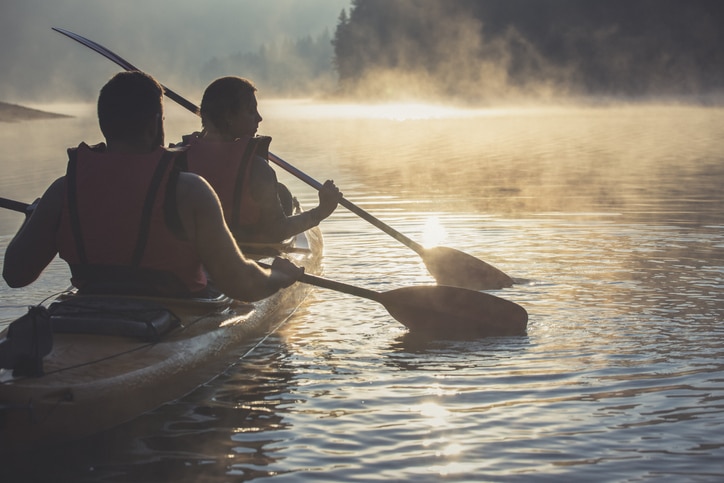
3. ON THE WATER
There’s nothing that beats the Texas heat like a day in the water. To keep the day carefree and relaxing, Dr. Amos reminds people to drink plenty of water, wear a life vest, be mindful of children, and keep a good distance from boat propellers.
“In general, be aware of your surroundings,” he advises. “Consider things like whether there’s a lifeguard on duty and how shallow or deep the water is.”
He also warns against overindulging in alcohol, a leading cause of boating accidents.
“If you’re going on a boat, fishing, or swimming, you should have at least one other person with you,” he says. “And avoid these activities in the dark.”
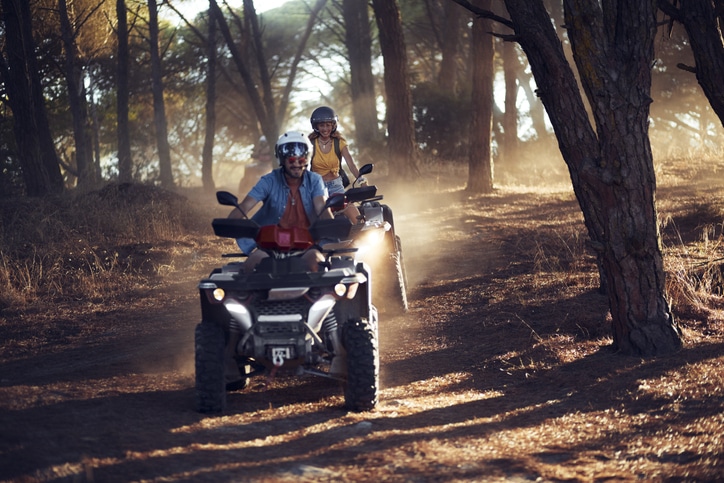
4. MOTORCYCLES AND ATVs
All-terrain vehicles and motorcycles can be fun, but like everything else on this list, they require a level of caution.
“In the summer when the heat is bearing down on us, we see a lot of motorcycle accidents involving people who decide to forgo their helmets,” Dr. Amos explains. “That is extremely dangerous.”
Crashes involving ATVs and other recreational vehicles are also of concern. Many lack the safeguards of a car, such as seatbelts and airbags, and they flip more easily. Crash survivors with no obvious injuries may still need medical help, Dr. Amos insists.
“Especially if there’s any disorientation or loss of consciousness — however short a time — that can indicate issues with the brain,” he explains. “Injuries to the head and neck should be evaluated immediately because they may not be obvious right away.”
To stay as safe as possible, it’s always recommended to wear helmets, follow a safe speed limit, be conscientious of other motorists, and wear reflective and protective clothing.

